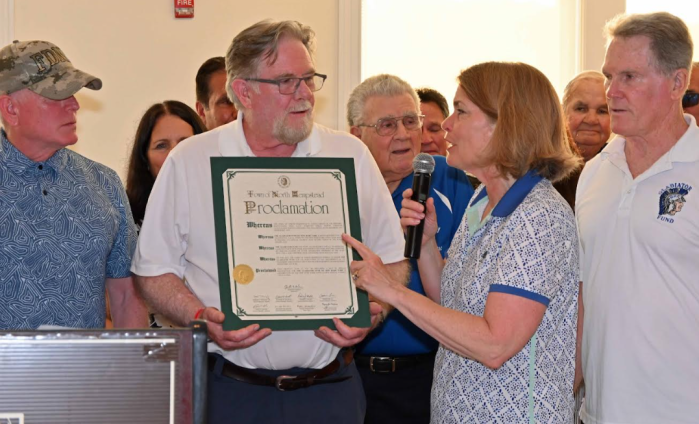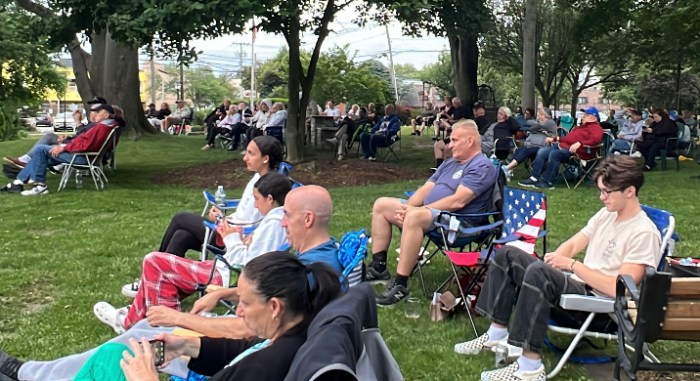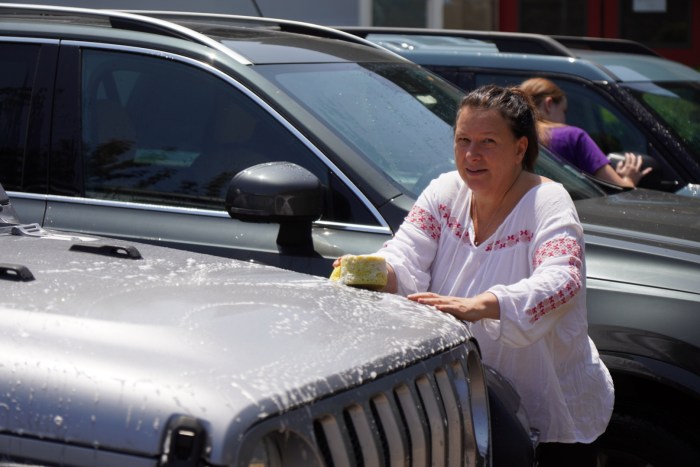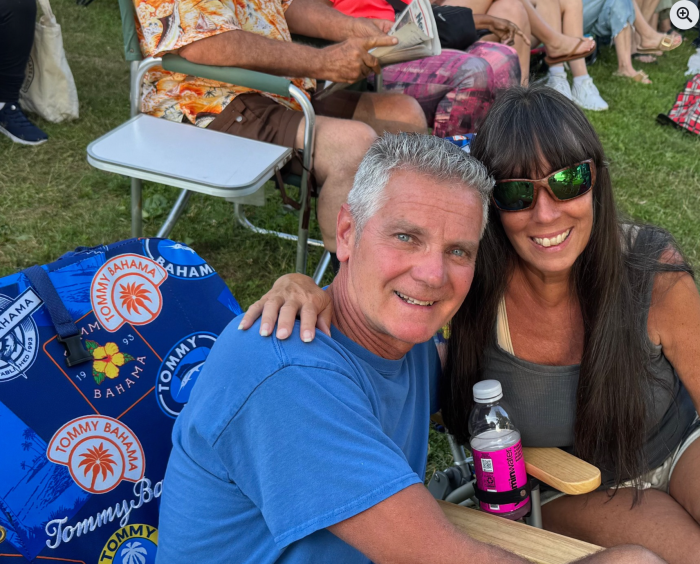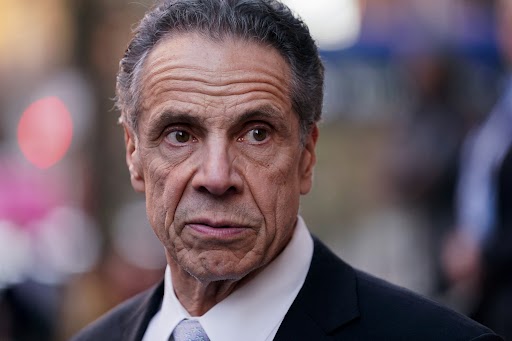
This year marks the 50th anniversary of Mister Rogers’ Neighborhood, when its first national episode aired on Feb. 19, 1968, on what was then National Education Television. Through 912 episodes and 31 seasons, with the last episode taped on Dec. 1, 2000, Fred Rogers left an indelible mark on pop culture, while more importantly, influencing generations of children to always do the right thing. Sadly, Rogers died from stomach cancer on Feb. 27, 2003.
It’s an impact that not only led to the announcement that Tom Hanks was cast to play Rogers in the forthcoming biopic You Are My Friend, but also to the release of the documentary Won’t You Be My Neighbor. Directed by Morgan Neville (20 Feet From Stardom; Best of Enemies: Buckley vs. Vidal), this 93-minute film uses archival footage of the show’s namesake along with interviews with a number of people including widow Joanne Rogers, sons James and John, along with cast members Francois Scarborough Clemmons (Officer Clemmons), Joe Negri (Handyman Negri) and David Newell (Mr. McFeely) to capture the appeal and essence of the late children’s television host.
Neville produced this project along with Caryn Capotosto and Nicholas Ma, whose father Yo-Yo was a longtime friend of Rogers. The younger Ma appeared on the show along with his father and didn’t hesitate when asked if he wanted to be a part of Won’t You Be My Neighbor. Interestingly, the seeds for this documentary were planted during an interview Neville was doing with Ma’s father for another project he was working on.
“[Director] Morgan [Neville] called me up two and a half years ago and asked me if I thought this would be a good idea. Before he’d even gotten the question out of his mouth, I said, ‘Yes, yes, a thousand times yes.’ The genesis for that was an interview he’d done about seven years ago with my father. [Neville] was doing a documentary called The Music of Strangers: Yo-Yo Ma and the Silk Road Ensemble and he asked my dad how he learned how to be a public figure and my dad said Mr. Rogers taught him,” Ma explained. “And that was a surprising enough answer that it was the first bread crumb on this trail of bread crumbs that led to the two of us joining forces with [producer] Caryn [Capotosto] and make this film. What I think is sweet is that when I told my mother that story, she laughed and said, ‘The only reason your father knew about Mr. Rogers is that he watched you and your sister watching it when you were children. It was a safe place to leave the two of you when I was making dinner.’”
Born and raised in Latrobe, PA, Fred McFeely Rogers was an ordained Presbyterian minister who admitted in a later interview that he got into television after college “…because I hated it so, and I thought there’s some way of using this fabulous instrument to nurture those who would watch and listen.” After stints working on television in New York City and Toronto, Rogers returned to local station WQED in Pittsburgh in 1966 working on a version of the program that eventually evolved into Mister Rogers’ Neighborhood.
As someone whose gentle and earnest persona was later satirized by the likes of Johnny Carson and Eddie Murphy, the Pennsylvania native’s progressive spirituality came across in a steely resolve to address issues like segregation at a time when the United States was in the throes of the Civil Rights Movement. One scene found Rogers responding to these issues in a 1969 episode where he invited African-American cast member Clemmons to join him in dipping their feet together in a wading pool. It was these subtle mores that Ma feels viewers responded to and continues to resonate when viewers go back to the old episodes and this documentary in particular.
“I feel like he left an Easter egg in all of us who grew up with him and I think we’re finding that Easter egg now. Making this film and what I hope watching this film has done for viewers is to reignite that piece of you that knew that being kind and being good was the right thing to do. And no matter how hard it was to do this, there was strength in that versus weakness,” he said. “I think that’s something that is easy to lose sight of as we get older and the demands on our time and compromises in life come to the fore. [It] reminds us that even if doing the right thing is hard, the answer is easy.”
As to what Fred Rogers may have made of these divisive and confusing times, Ma is certain that Rogers would have appealed to the good in anyone to weather the storm.
“[Fred] was not someone who was given to despair. But I think he would see these times as being very challenging. I think after 9/11, he strung together these ideas and was thanked for bringing [a message of] joy, life, hope, faith, pardon and love,” Ma said. “I think he would say that even in the most difficult of times, finding a way to bring those six things to the world is our obligation and our opportunity. Because, it’s with those six things that we have the courage to make change and the confidence to do that.”
Visit www.focusfeatures.com/wont-you-be-my-neighbor to find out more about Won’t You Be My Neighbor.
Also read the Top Three Moments In Mister Rogers’ Neighborhood
https://liweekly.wpengine.com/top-three-moments-in-mister-rogers-neighborhood/







